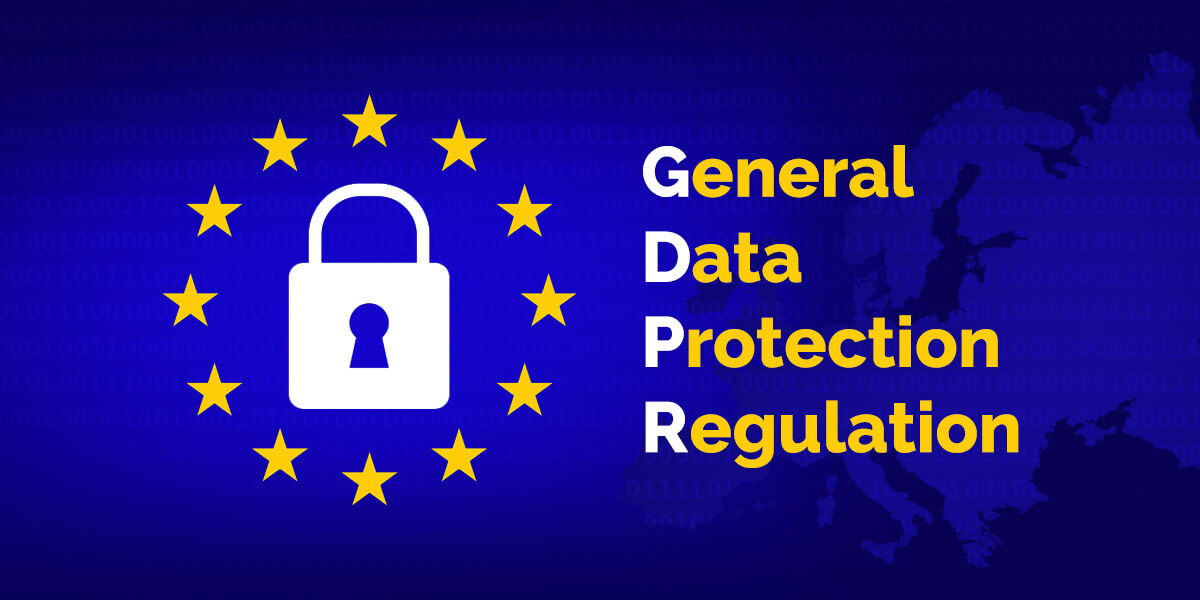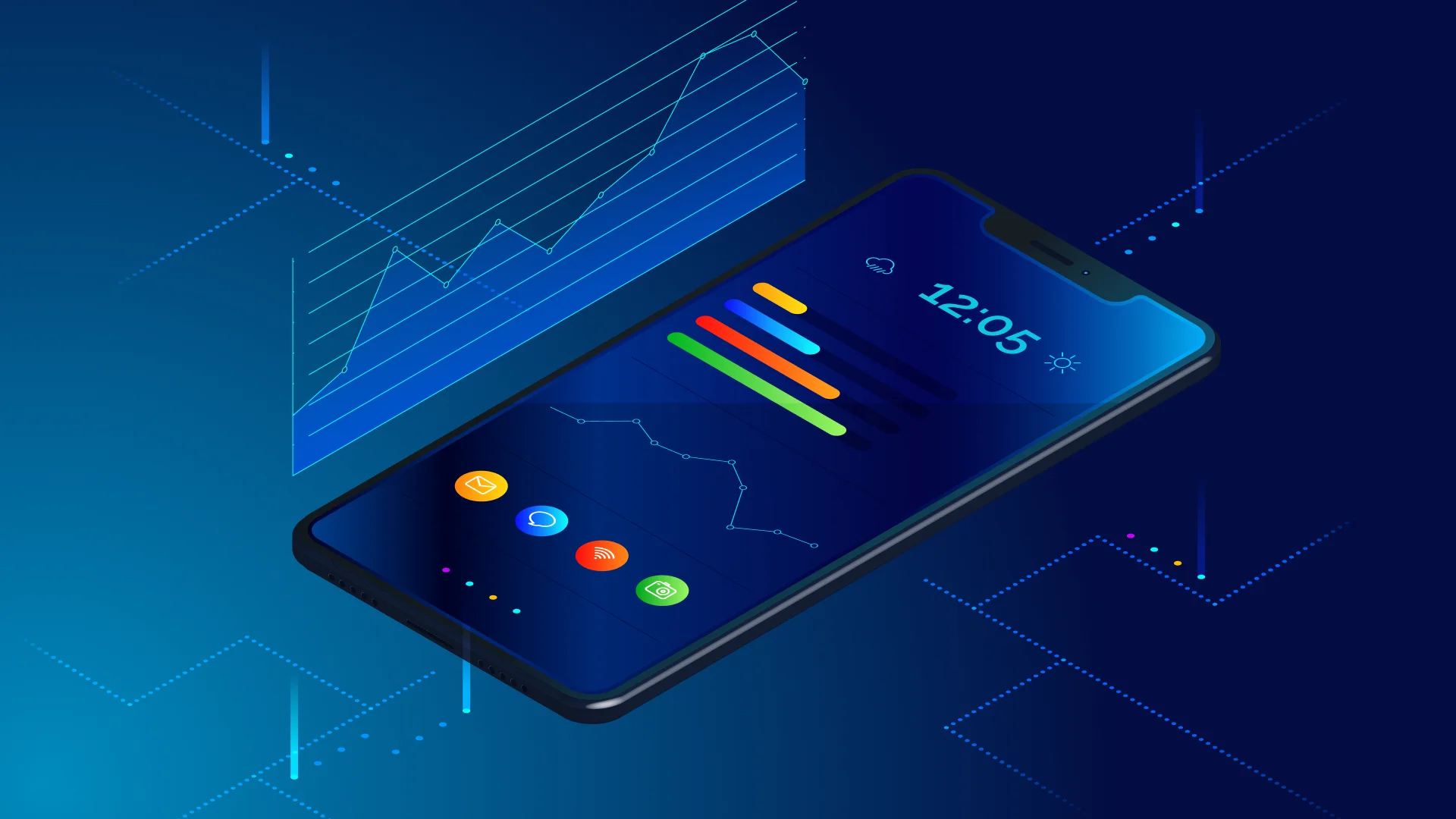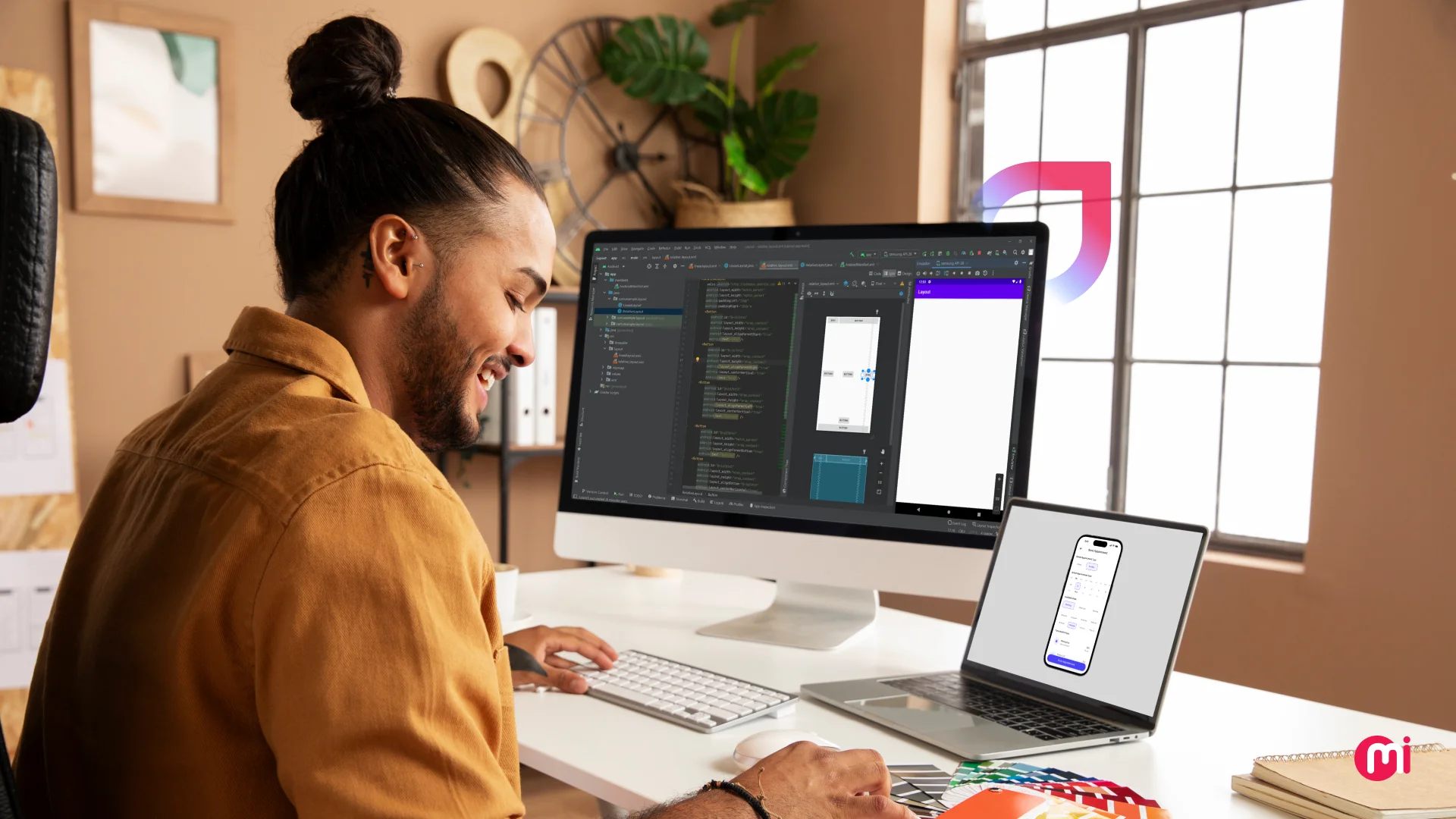Everything you need to know about GDPR as an App Owner
- Mobile
- June 4, 2018
GDPR stands for General Data Protection Regulation, and it is going to be a big change for all apps. GDPR is a regulation that has been passed by the EU law authorities to maintain consumer data protection and privacy.
On 25th May 2018, this law was become enforceable, and all businesses must prove data consent from their users. What’s more, the consumers can even withdraw their consent at any given time with utmost discretion.
Currently, GDPR is directed towards the citizens of EU and includes users of other regions such as Norway, Iceland, and Liechtenstein. But this regulation is going to have a global impact on organizations. Especially if you are a business, who process personal data of citizens of the countries above.
Even if your company is not registered in EU, Norway, Iceland, or Liechtenstein, you should understand GDPR in depth and start working on an action plan to meet the requirements.
However, according to research by W8data, only 25% of the organizations are ready to meet the GDPR requirements regarding the customer data and privacy issues. So, if you are not prepared to comply with the GDPR requirements be prepared to face some severe backlash from users and enforcement authorities.
But in this age of technology and mobile-first enterprises, it’s not just the businesses and companies that need to be aware of these rules. App owners should be well educated about GDPR and learn more about how it can impact the use of mobile apps shortly.
1. Explicit Consent
Consent is one of the most essential requirements for mobile apps. According to the legislation, all businesses and apps must request consent to collect and use the personal data of the users.
Make sure that this request is made unambiguously and legibly. It cannot be confusing in any way. You also need to add a reminder for the users that they are empowered to withdraw their consent as easily as they can give it.
This is only possible when apps are designed in such a way that they offer a strong communication with their users. Clearly define the type of personal data you’re app will be collecting and obtain clear consent for this purpose.
A good way to ask for consent is to wait for the right moment. Don’t flood the user with a bunch of consent agreements the first time your app is opened.
It’s better to wait for a point where consent is relevant to the action that the user wants to perform on your app. Not only does it save the user from being overwhelmed, but also leaves them feeling more satisfied regarding their privacy.
2. The Right to be Forgotten
According to GDPR, all European nationals have a right to Data Erasure. Under this right, users can stop mobile app developers from using their personal and private data. They can even stop future publication and prevent third parties from using the data in any way, once the consent has been withdrawn.
To put it in easy words, app developers should create a system that gives users an option of being in control of the data that is being collected and opting out at any time. As mentioned in the above point, all this information should be stated very clearly and in simple words so that the user can know their rights.
Your app should have an inbuilt option which allows users to delete all their data history and remove it from your records permanently.
GDPR aims to put the user in control over the amount of data that is collected by an app. Your app has to be compliant with these rules and regulations to serve European nationals and provide them a top-notch online experience.
3. Mandatory Data Breach Notifications
In case of an unforeseen event or a security breach which compromises the security of users’ data, it is liable on all app developers to notify their users and concerned authorities within 72 hours. All users must be informed about the information leak, as data breaches can threaten the security rights and freedom of individuals.
4. Privacy by Design
Privacy by design is not a new concept in the world of app development, but thanks to GDPR- it is now a legal requirement. This means that you have to give top priority to user privacy protection before starting the development of the app and make sure that all aspects of your app comply with the rules mentioned in GDPR.
According to the GDPR, app developers are only allowed to hold and process user data that is crucial for a project to be completed. Data access should only be given to designated people who are in charge of the processing.
So, make sure that proper encryption and data handling procedures are a highlight of your app’s development lifecycle. From the project’s inception to the end, you should be addressing privacy issues all the way.
Remember, privacy must be preventative not remedial. If your app is designed flawlessly to keep data secure from the start, offers opt-in processes and has secure systems to manage the data, then you won’t face any problems.
5. Data Protection Officers
According to GDPR, you should hire data protection officers, that are employees who will manage data protection related issues. They should be experts on data protection laws and practices. They should be able to manage all the internal records efficiently.
6. Marketing Opportunity
If you’re skeptical about GDPR and think that the European Union is trying to make things difficult for foreign app developers, then think again. GDPR might seem a bit rigid, but it’s not going to kill your app.
In fact, if you’re a little optimistic, GDPR can open up great marketing opportunities for you. The European markets have many English-speaking people who can be targeted with ads.
European customers take their privacy very seriously. If you advertise the fact that you are a GDPR compliant brand, you can win their trust within no time.
Mention it in your email footers and in the terms and conditions page of your website. You can even highlight the fact that you are the only GDPR compliant brand among your competitors. Be loud and boast about it.
Make your users feel at ease that it’s safe to engage with your foreign brand and make 100% secure online purchases without any fear. You can leverage this trend to attract even more business from your app.
Conclusion
GDPR will revolutionize the way data security and privacy is managed by companies. Start working towards improved data processing and storage practices, especially regarding third-party services (SDKs). GDPR is not about all rules and no fun! If you are an intelligent app developer, see it as a big opportunity to storm the European market.
So, make sure that your app is GDPR compliant to avoid steep fines and stay in the app market. If you’re finding it difficult to do all the changes and tweaks manually, try automated monitoring and other data security control tools













